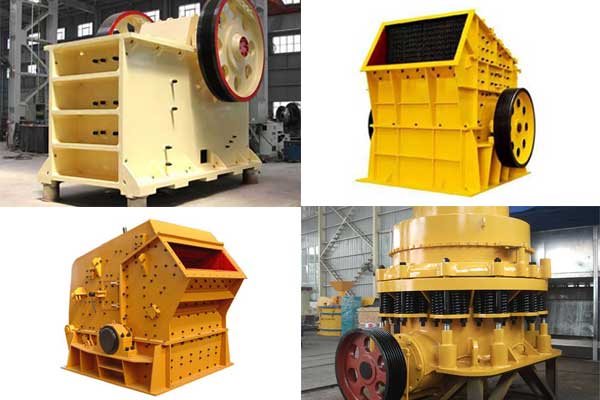Cement production is a complex industrial process that requires various machines and equipment to ensure efficiency, consistency, and quality. A well-established cement plant relies on multiple machines that work together to process raw materials into the final cement product. In this article, we will explore the essential machines used in a cement plant, discuss the functions of a cement plant, and introduce Cementl, a brand that specializes in selling cement-making machines.
Understanding a Cement Plant
A cement plant is an industrial facility where raw materials like limestone, clay, and gypsum are processed to produce cement. The plant consists of various units, each playing a crucial role in transforming raw materials into the final product. The key processes in a cement plant include:
- Raw Material Preparation – Extracting and preparing raw materials.
- Grinding – Crushing and grinding raw materials into fine particles.
- Clinker Production – Heating raw materials in a kiln to form clinker.
- Cooling & Storage – Cooling clinker and storing it for further processing.
- Final Grinding & Packaging – Grinding clinker with additives and packaging cement.
To carry out these processes, various specialized machines are needed.
Essential Cement Making Machines in a Cement Plant
Below are the critical machines used in a cement plant:
1. Crushers
- Function: Crushers are used to break down large chunks of raw materials like limestone, clay, and shale into smaller, manageable sizes.
- Types: Jaw crushers, impact crushers, and hammer crushers.
- Importance: Proper crushing ensures easier grinding and processing.
2. Raw Mill
- Function: The raw mill grinds the crushed raw materials into a fine powder known as raw meal.
- Types: Ball mills, vertical roller mills (VRM), and Raymond mills.
- Importance: A uniform raw meal is necessary for consistent clinker production.
3. Preheater & Cyclone Tower
- Function: Preheaters use hot gases to preheat raw materials before they enter the rotary kiln.
- Importance: Reduces fuel consumption and increases efficiency.
4. Rotary Kiln
- Function: This is the core machine in the cement manufacturing process, where raw materials are heated to about 1450°C to form clinker.
- Importance: The rotary kiln determines the quality and efficiency of cement production.
5. Clinker Cooler
- Function: After the clinker is formed in the kiln, it needs to be rapidly cooled to prevent structural changes.
- Importance: A well-cooled clinker improves grinding efficiency.
6. Cement Mill
- Function: The clinker is ground with gypsum and other additives to produce cement powder.
- Types: Ball mills, vertical mills, and roller presses.
- Importance: The final grinding determines cement fineness and performance.
7. Dust Collectors & Bag Filters
- Function: These machines remove dust particles and emissions from the air.
- Importance: Essential for environmental protection and worker safety.
8. Packing Machine
- Function: The final cement is packed into bags or bulk containers for transport.
- Importance: Proper packaging ensures easy handling and transportation.
9. Conveyor Belts & Bucket Elevators
- Function: These are used to transport raw materials, clinker, and finished cement within the plant.
- Importance: Ensures smooth operations and reduces manual handling.
10. Control Systems & Automation
- Function: Modern cement plants use computerized control systems to monitor and optimize production.
- Importance: Automation improves precision and reduces human errors.
Cementl – A Leading Brand in Cement Machinery
Cementl is a reputable brand specializing in manufacturing and supplying cement-making machines. The company provides high-quality equipment designed for durability, efficiency, and sustainability. Some of the key products offered by Cementl include:
- High-performance Crushers – Designed for efficient raw material preparation.
- Advanced Rotary Kilns – Ensuring uniform clinker formation.
- Energy-efficient Cement Mills – Optimized for low power consumption.
- Smart Automation Solutions – Helping cement plants enhance productivity.
By choosing Cementl, cement manufacturers can improve their production capabilities, reduce operational costs, and meet environmental standards.
Conclusion
A cement plant requires a combination of heavy machinery, advanced technology, and efficient control systems to produce high-quality cement. Essential machines like crushers, raw mills, rotary kilns, and cement mills play a vital role in cement production. Brands like Cementl provide cutting-edge machinery that enhances efficiency and ensures high-performance cement production. Whether setting up a new cement plant or upgrading an existing one, investing in reliable machines is key to success in the cement industry.

